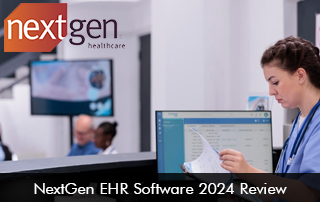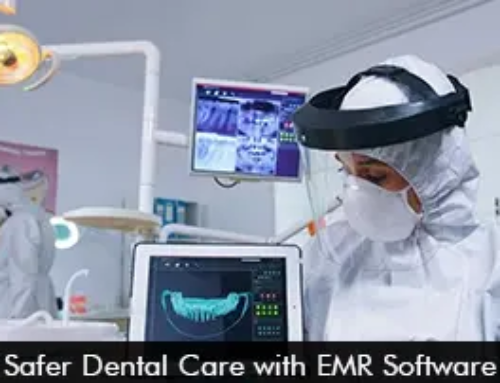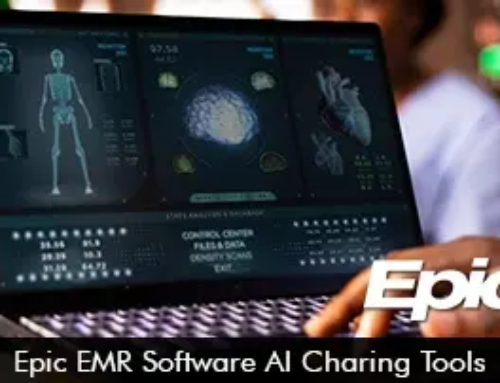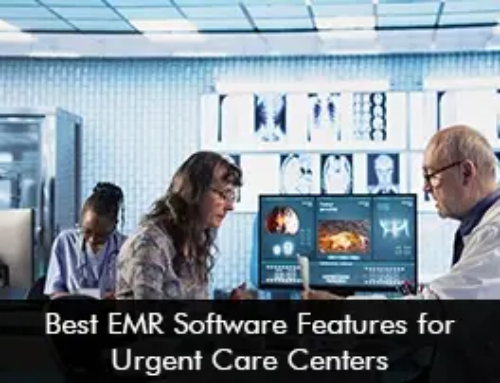Among the myriad EHR solutions available, NextGen EHR software stands out as a robust and versatile option for medical practices of various sizes and specialties. This review will delve into the key features, benefits, drawbacks, and overall user experience of NextGen EHR Software in 2024.
Introduction to NextGen EHR Software
NextGen has been a significant player in the EHR market for over two decades. The company’s EHR solution can be applied in small practices, large medical groups, and specialty practices, including ophthalmology, cardiology, and more. NextGen EHR software integrates practice management, clinical care, and patient engagement tools into a single platform.
Key Features of NextGen EHR Software
Comprehensive Clinical Documentation
NextGen EHR offers robust clinical documentation tools that support various specialties. Templates and customizable forms make it easier for providers to document patient encounters efficiently. The system’s voice recognition and transcription features further enhance the documentation process.
NextGen EHR Software Patient Portal
The patient portal is a standout feature, providing patients with easy access to their health information, appointment scheduling, prescription refills, and secure messaging with their healthcare providers. This level of engagement helps improve patient satisfaction and adherence to treatment plans.
Telehealth Integration
With the rise of telemedicine, NextGen has incorporated telehealth capabilities into its EHR system. This integration allows providers to conduct virtual visits, share medical records, and maintain continuity of care remotely, which has become increasingly important in the post-pandemic era.
NextGen EHR Software Revenue Cycle Management (RCM)
NextGen’s RCM features help practices manage billing and revenue efficiently. The system automates claim submissions, tracks payment status, and identifies potential issues, reducing the administrative burden on staff and improving financial performance.
Interoperability
NextGen EHR supports interoperability standards, enabling seamless data exchange with other healthcare systems, labs, and pharmacies. This interoperability is crucial for providing coordinated and comprehensive patient care.
Regulatory Compliance
Staying compliant with healthcare regulations is a significant concern for any medical practice. NextGen EHR is designed to help practices meet requirements such as Meaningful Use, MACRA, and MIPS, ensuring they avoid penalties and maximize incentive payments.
Benefits of NextGen EHR Software
Improved Efficiency
By automating routine tasks and streamlining workflows, NextGen EHR allows healthcare providers to focus more on patient care and less on administrative duties. The intuitive interface and customizable features enhance productivity across the practice.
Enhanced Patient Care Through NextGen EHR Software
NextGen EHR’s comprehensive patient records, clinical decision support tools, and integrated care plans contribute to improved patient outcomes. Providers have quick access to complete patient histories, which aids in accurate diagnosis and treatment planning.
Patient Engagement
The patient portal and telehealth features empower patients to take an active role in their healthcare. Improved communication and access to information lead to higher patient satisfaction and better adherence to treatment plans.
Financial Performance
Efficient RCM processes ensure timely and accurate billing, reducing the risk of revenue loss. The system’s analytics and reporting tools provide valuable insights into the practice’s financial health, helping administrators make informed decisions.
Scalability and Flexibility of NextGen EHR Software
NextGen EHR is scalable and can be tailored to the needs of practices of various sizes and specialties. Its flexible design allows for customization to match specific workflows and preferences.
Drawbacks of NextGen EHR Software
Learning Curve
Like any comprehensive EHR system, NextGen EHR has a learning curve. New users may require training to fully utilize all features and functionalities. However, the company provides training resources and support to facilitate this process.
Cost
NextGen EHR is a premium product, and its cost may be a barrier for smaller practices with limited budgets. Practices need to weigh the benefits against the investment and consider the potential return on investment in terms of improved efficiency and revenue.
System Updates
While regular updates are crucial for maintaining compliance and functionality, some users have reported that system updates can occasionally disrupt workflows. It’s important for practices to plan for updates and ensure staff are prepared for any temporary changes.
User Experience
The overall user experience of NextGen EHR is generally positive, with many users appreciating its comprehensive features and customization options. The intuitive interface and integration capabilities receive high marks, although some users note that the system can be complex initially. The support and training provided by NextGen are often praised, helping practices navigate the learning curve and optimize their use of the software.
In 2024, NextGen EHR continues to be a formidable contender in the EHR market, offering a comprehensive suite of tools designed to enhance clinical care, patient engagement, and practice management. While it may present a learning curve and come with a higher price tag, the benefits it provides in terms of efficiency, patient care, and financial performance make it a worthy investment for many medical practices. As healthcare continues to evolve, NextGen EHR is well-positioned to meet the demands of modern medical practice, supporting providers in delivering high-quality care to their patients.








